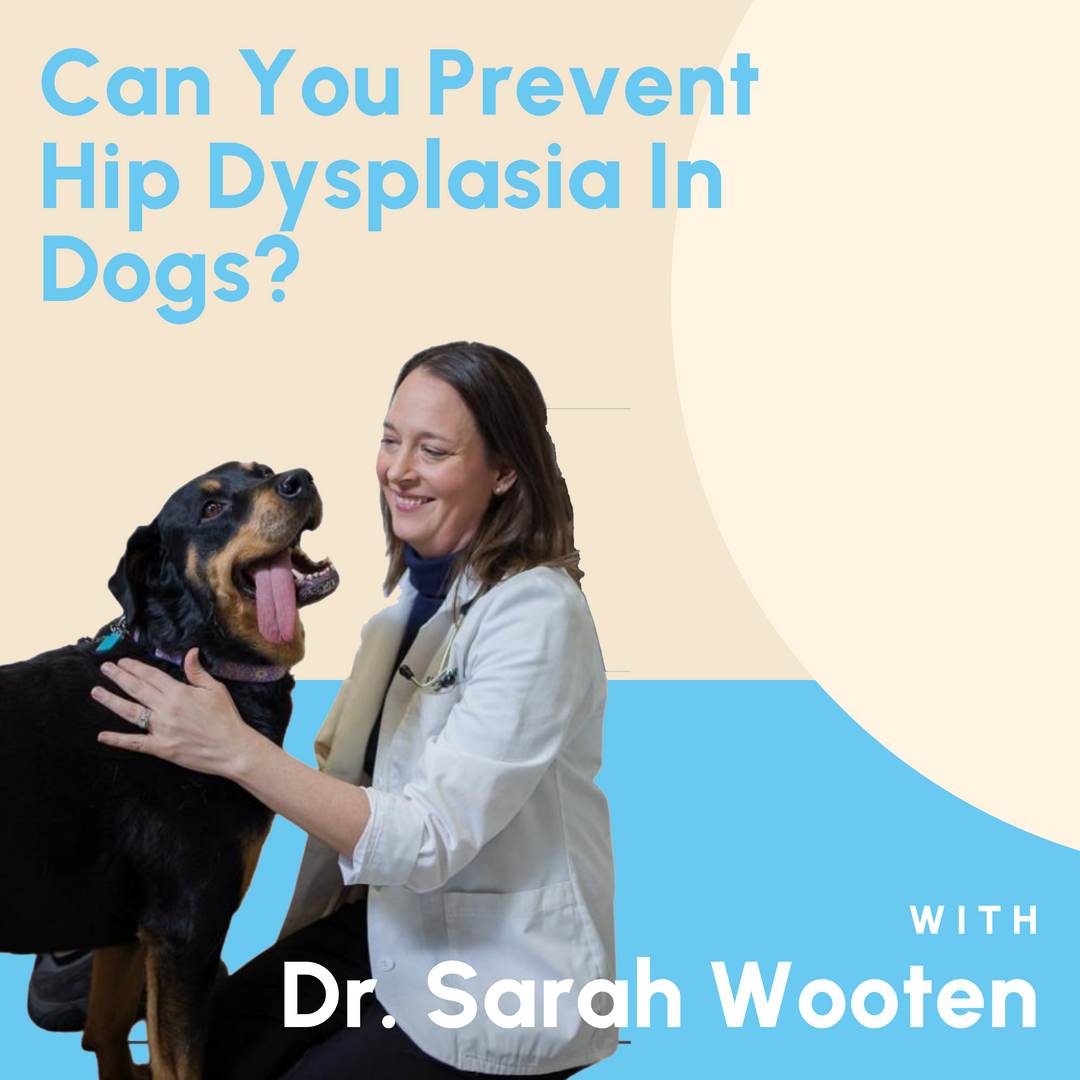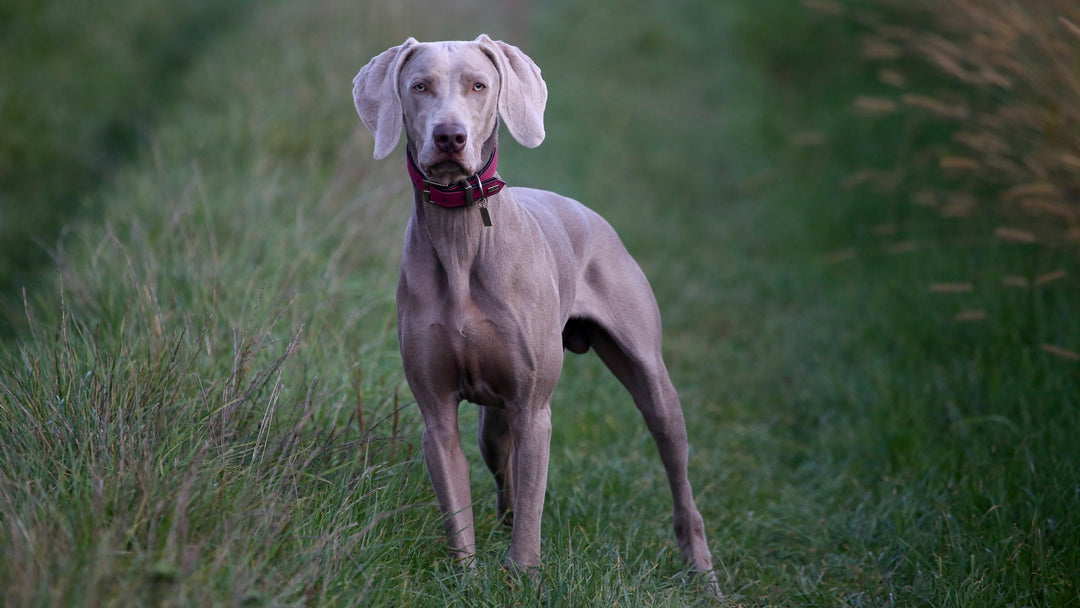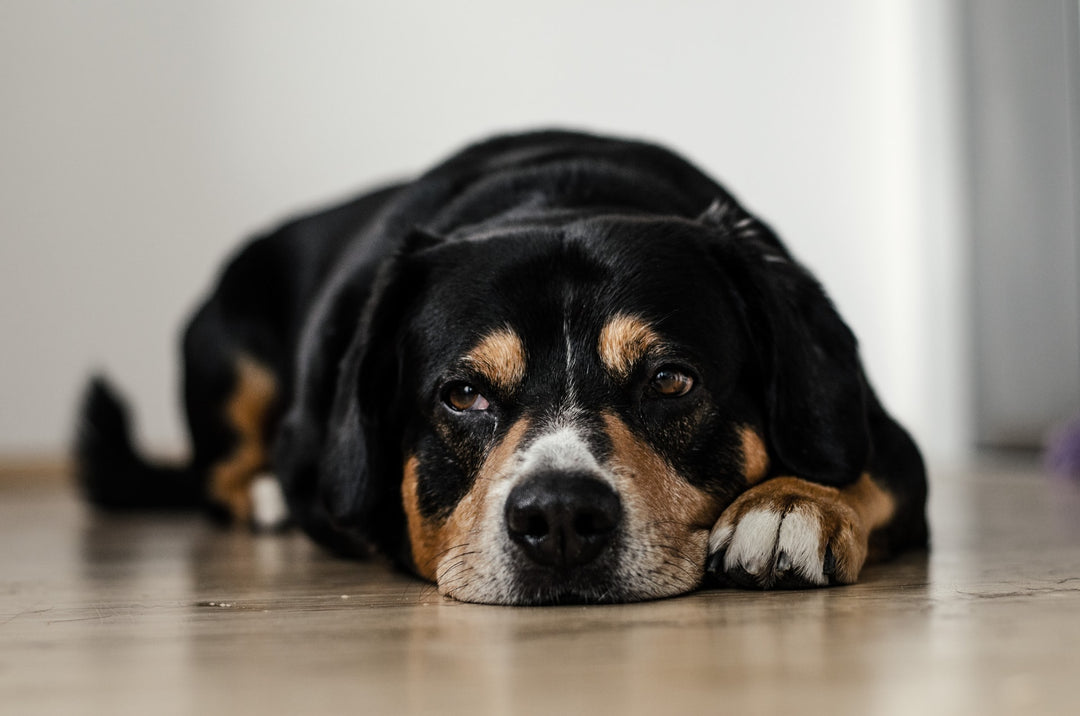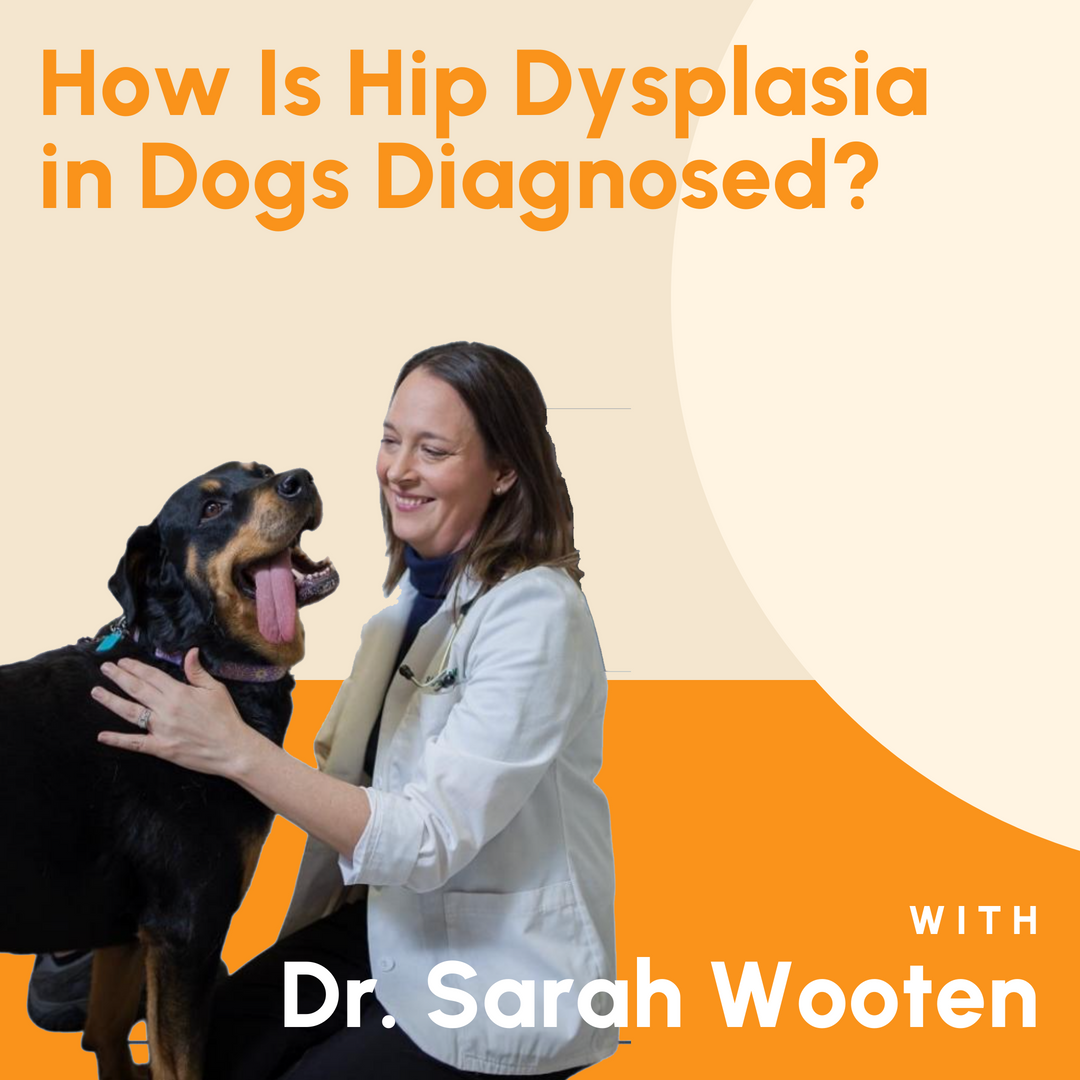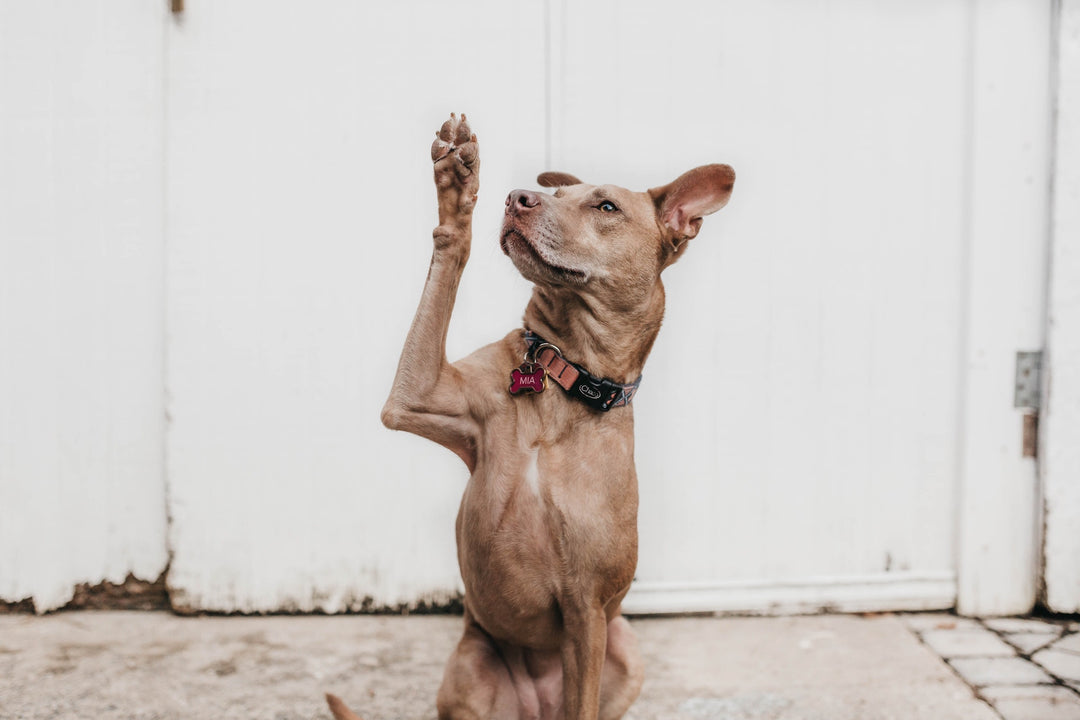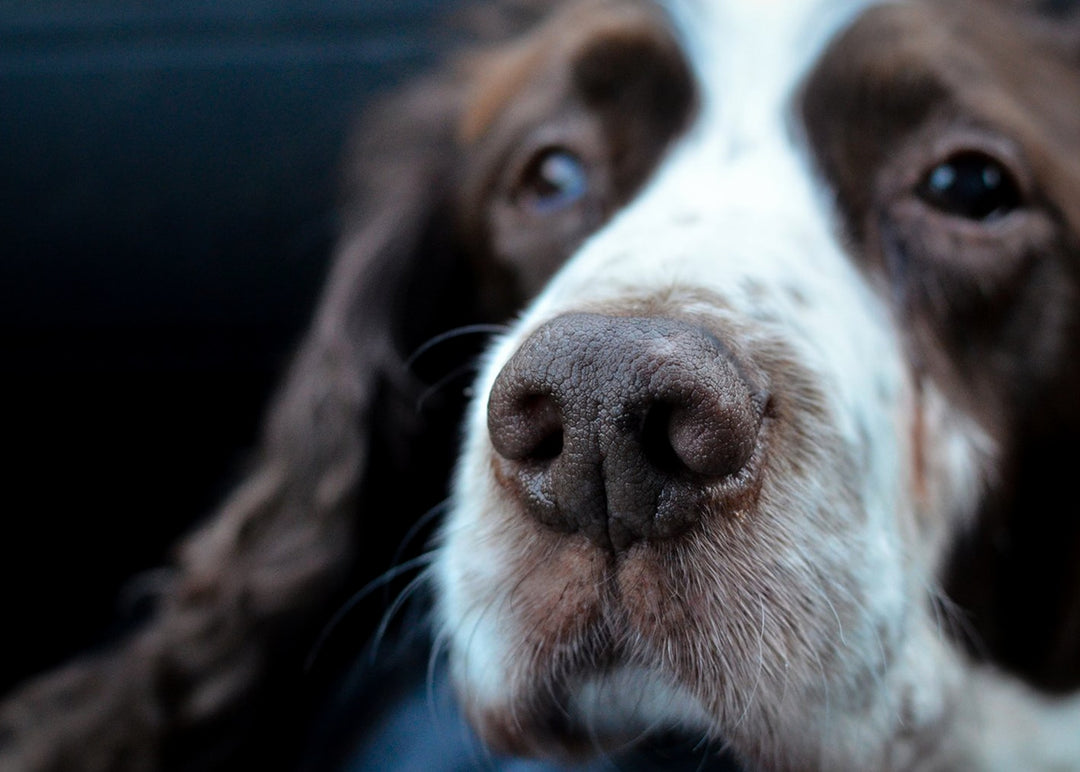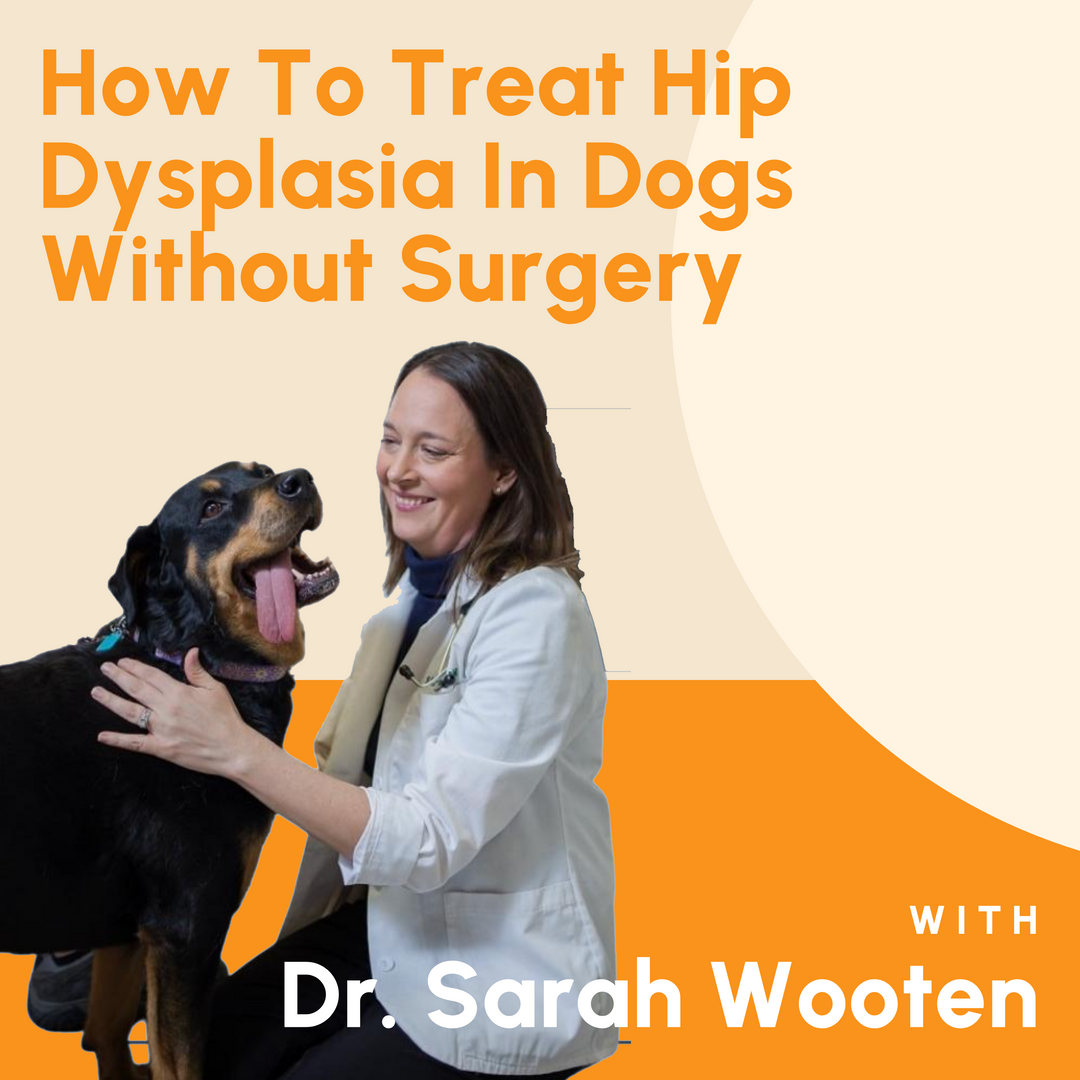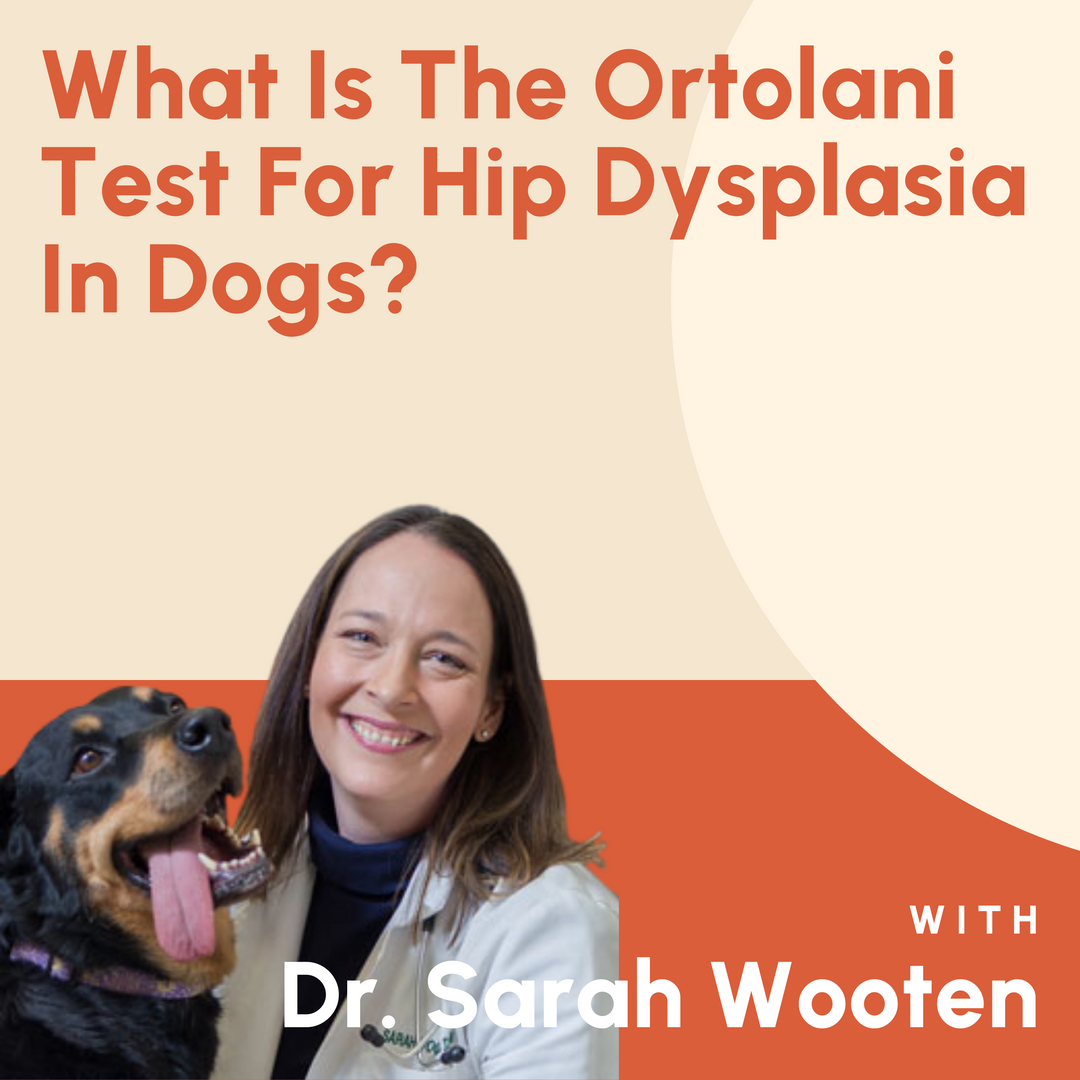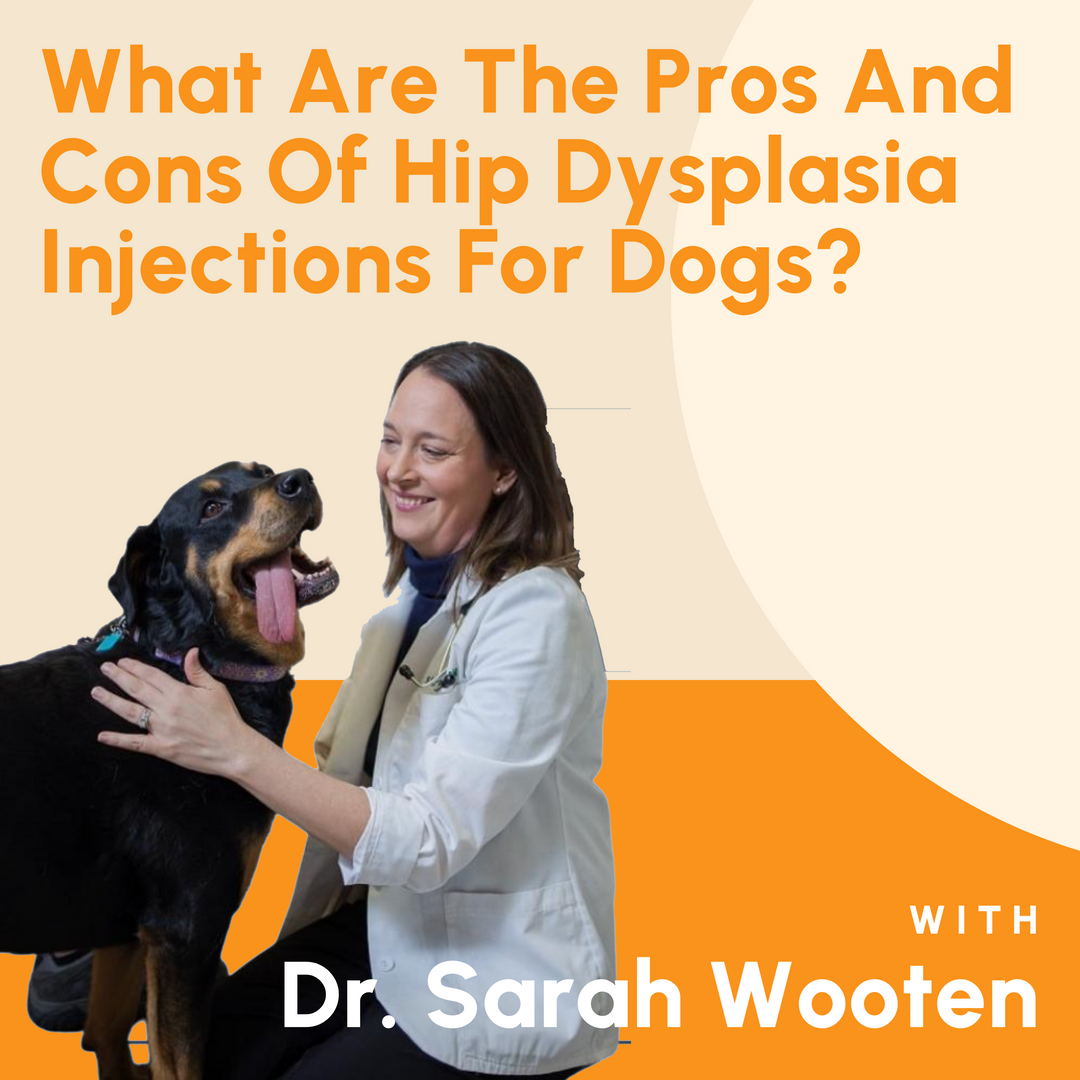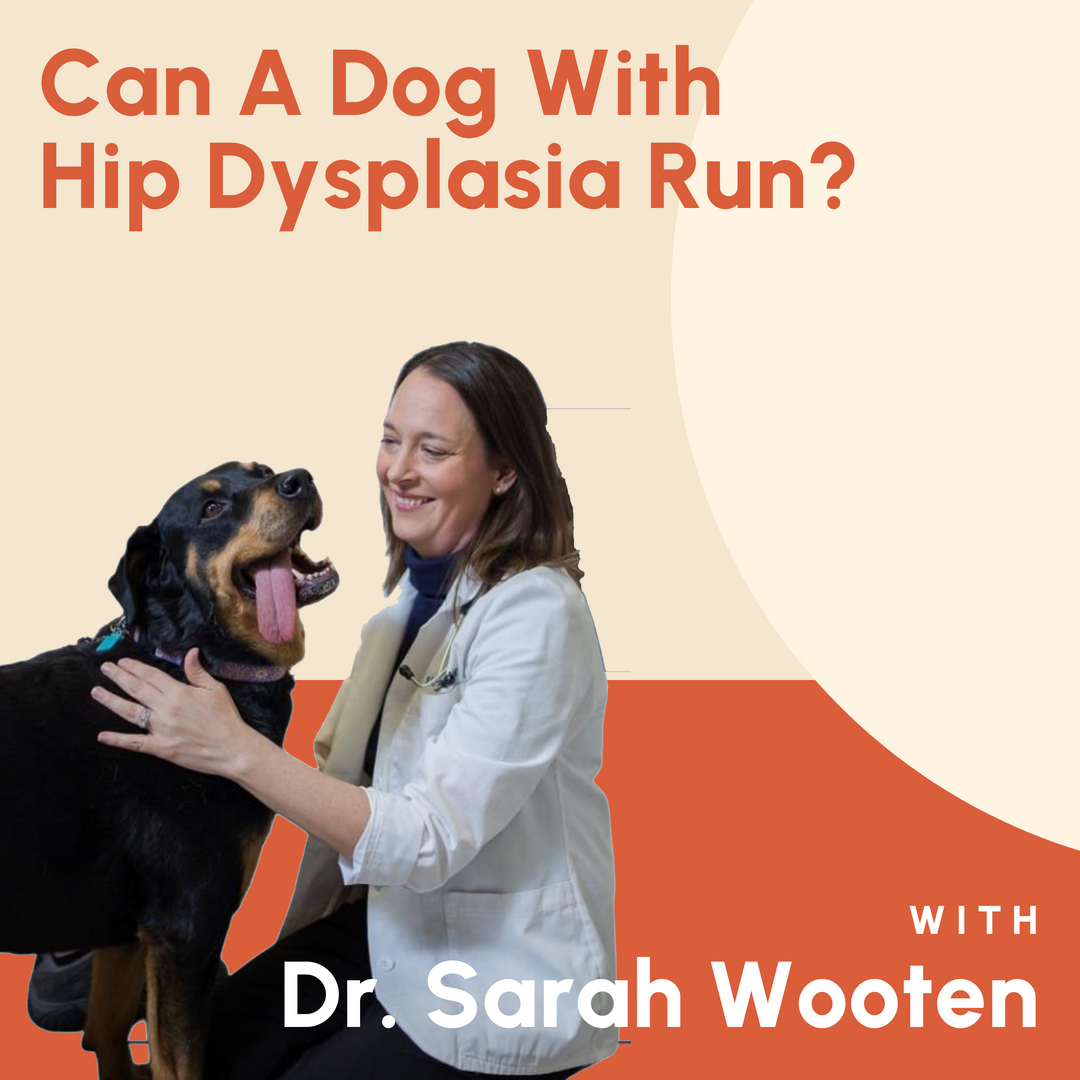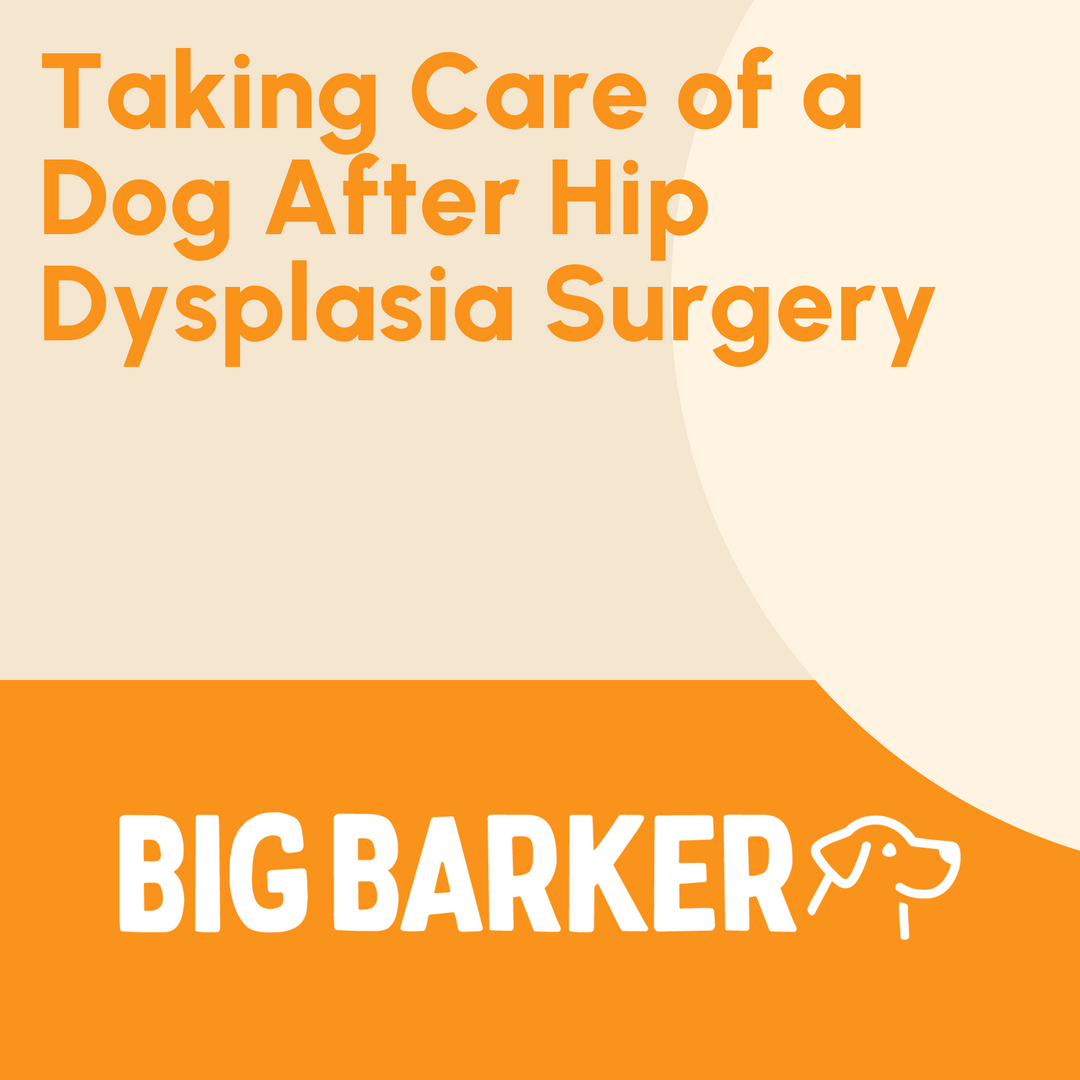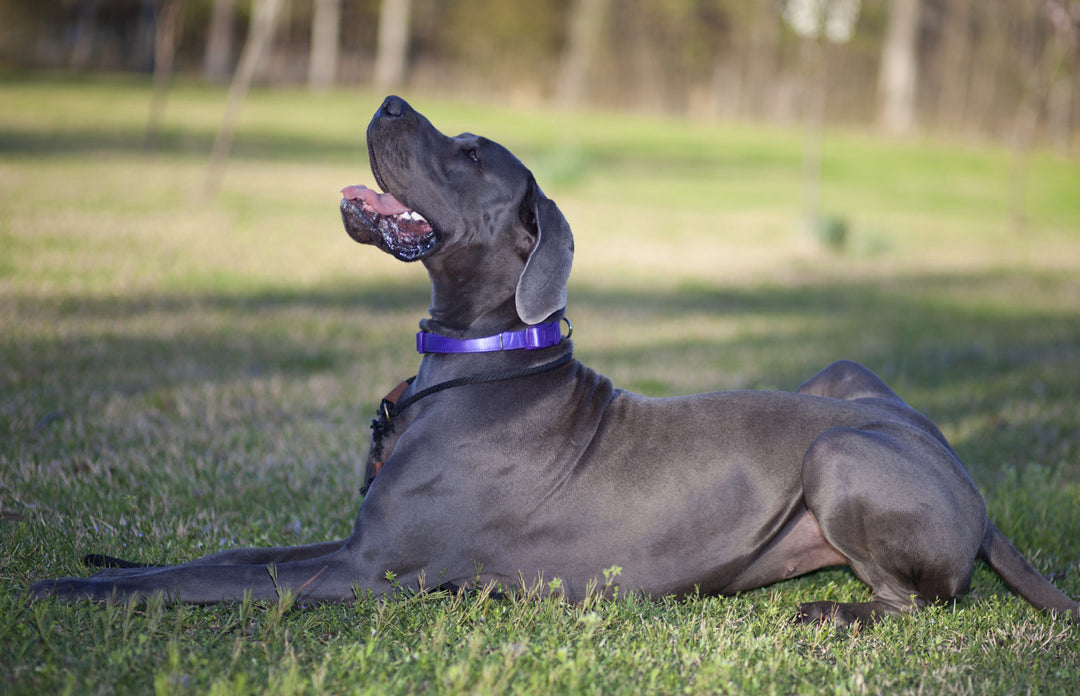Wellness
There are several things that you can do to try and prevent hip dysplasia in your dog, or any dog that you are considering adopting or bringing into your home, especially puppies. Learn about some of the things that you can do to prevent hip dysplasia.
Hip dysplasia does not necessarily cause any disease in front legs, so it does not cause any developmental problems in the formation of any of the joints in the front legs. However, with severe hip dysplasia, a dog does not want to use their hind legs at all because it hurts.
Learn about the different ways hip dysplasia can affect a dog from expert veterinarian, Dr. Sarah Wooten.
Dr. Wooten discusses the benefits and drawbacks of several different diagnostic methods for determining if a dog has hip dysplasia.
Our expert veterinarian explains six things to do once you've found out your dog has hip dysplasia.
Dr. Wooten reviews options for dogs who aren't able to get up due to hip dysplasia.
Dr. Wooten goes over the impact that hip dysplasia can have on a dog's quality of life.
Swimming is an excellent exercise for dogs with hip dysplasia. It strengthens muscles and improves circulation. Click to learn more great exercises for your dog!
Dr. Wooten reviews the different ways that you can help your dog if they're suffering from hip dysplasia.
Dr. Wooten explains the Ortolani test and how it can help you determine if your dog has hip dysplasia.
Dr. Wooten reviews the pros and cons of steroid injections, stem-cell therapies and platelet-rich plasmas in the treatment of hip dysplasia.
Check out Dr. Wooten's top 4 tips for what to do if you can't afford surgery for your dog's hip dysplasia.
Find out how glucosamine can affect a dog's hip dysplasia.
If you're wondering how hip dysplasia may affect your dog's ability to move, get the facts from expert vet, Dr. Sarah Wooten.
Recovering from hip dysplasia surgery—or any orthopedic surgery, really—presents its own challenges. Read this article to help your dog face these challenges after their surgery.
We love our big dogs, but we also know that many of the big breeds — Mastiffs, Great Danes, German Shepherds, Saint Bernards, Labrador Retrievers, Newfoundlands and others, suffer joint issues and are prone to canine hip dysplasia.
